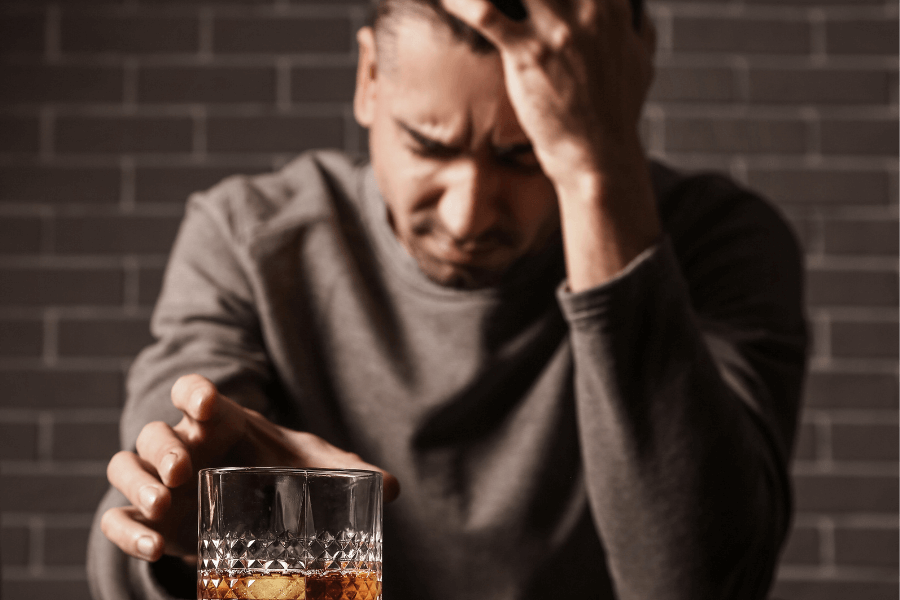Starting the recovery journey often begins with medical detox, the process of allowing your body to clear itself of drugs or alcohol. It’s an important first step, but it can also be one of the most challenging. Detox symptoms can range from mild discomfort to serious medical concerns, which is why understanding the process is so important.
Whether you or a loved one is considering detox, knowing what to expect can help you feel more prepared—mentally, emotionally, and physically. At Axiom Care, we offer medically supervised detox designed to prioritize your safety and comfort every step of the way.
What Happens to the Body During Detox?
When someone becomes physically dependent on a substance, the body adjusts to functioning with it. Once that substance is removed, withdrawal symptoms begin. This is known as withdrawal syndrome.
Several factors can affect how detox feels, including:
- The type of substance used
- How long and how heavily it was used
- Your physical and mental health
- Any co-occurring mental health conditions
These variables can impact everything from symptom severity to how long detox lasts.
Alcohol Detox Symptoms and Timeline
Alcohol withdrawal symptoms can be especially serious due to how alcohol affects the brain and nervous system. If someone has developed alcohol dependence, detoxing without medical support can be risky.
Early stage (6-12 hours after last drink)
Symptoms of detoxing from alcohol may include tremors, anxiety, nausea, increased heart rate, and sweating. During this time, the body begins to adjust, and discomfort is common.
Peak Symptoms (24-72 hours)
This is often the most intense period. In severe cases, withdrawal can include hallucinations, seizures, or a condition called delirium tremens (DTs), which is a medical emergency that causes confusion, rapid heartbeat, and dangerous changes in body temperature.
Late Stage and Beyond (3-7 days and post-acute)
Physical symptoms begin to ease, but lingering effects like insomnia, mood swings, and fatigue may continue. This stage may also include post-acute withdrawal syndrome (PAWS), which involves long-lasting emotional and cognitive symptoms.
Drug Detox Symptoms by Substance
The drug detox experience can vary significantly depending on the substance. Here’s a breakdown of common symptoms by drug type:
Opioids (heroin, fentanyl, oxycodone):
- Symptoms start within 6-12 hours (short-acting opioids) or 24-48 hours (long-acting opioids)
- Common symptoms: muscle aches, runny nose, yawning, diarrhea, chills, and strong cravings
- Detox from opioids is rarely life-threatening, but it can be very uncomfortable without medical support
Benzodiazepines (Xanax, Valium)
- Symptoms may take a few days to appear and can last weeks
- Common symptoms: anxiety, panic attacks, insomnia, and seizures
- Detoxing from benzodiazepines can be dangerous without supervision and often requires a tapering plan
Stimulants (cocaine, methamphetamine)
- Symptoms include fatigue, depression, irritability, difficult sleeping, and emotional highs and lows
- Psychological symptoms are typically more intense than physical symptoms
Marijuana and Other Substances
- Some people experience irritability, changes in appetite, sleep disruption, and anxiety
- These symptoms are generally mild but may still affect early recovery
Common Symptoms Across All Detox Types
No matter the substance, there are a few symptoms that often show up during detox:
- Cravings
- Mood swings (anxiety, depression, irritability)
- Nausea or sweating
- Changes in heart rate or blood pressure
- Trouble concentrating or feeling foggy
These symptoms can vary day by day and are often unpredictable, which is why support during detox is so important.
How Long Do Detox Symptoms Last?
There’s no one-size-fits-all answer, but here are some general timeframes:
- Alcohol: Acute symptoms last 3-7 days; some emotional symptoms may linger for weeks
- Opioids: 4-10 days for most physical symptoms; cravings can last longer
- Benzodiazepines: Symptoms can last weeks or even months, depending on the drug
- Stimulants: Emotional symptoms peak around days 2 to 4 and may continue for several weeks
Everyone’s detox experience is different, based on their unique health and substance use history.
Medications and Treatments Used in Detox
Medical detox often includes medications to ease withdrawal symptoms and prevent complications. Common examples include:
- For alcohol detox: benzodiazepines (such as diazepam), anticonvulsants, IV fluids, and sleep aids
- For opioid detox: methadone, buprenorphine, clonidine, and other comfort medications
In addition to medication, people in detox may receive nutrition support, hydration, and 24/7 monitoring to keep them as stable and comfortable as possible.
When to Seek Medical Detox
Some detox symptoms can be dangerous. You should seek medical detox if you or a loved one experiences:
- Seizures or hallucinations
- High fever or confusion
- Severe nausea or dehydration
- Rapid heartbeat or breathing issues
Quitting alcohol, benzodiazepines, or other substances “cold turkey” can sometimes cause life-threatening complications. If you’re unsure, it’s always safer to detox under medical supervision.
Axiom Care’s detox program is designed to support you through this process with personalized treatment and care.
Axiom Care’s Approach to Drug and Alcohol Detox
We know detox can feel intimidating, but you don’t have to go through it alone. At Axiom Care, our experienced care team offers:
- 24/7 medical supervision
- A customized detox plan tailored to your needs
- Mental health support and resources for long-term recovery
After detox, we help you transition into residential treatment or other ongoing programs, so you continue moving forward. We also accept AHCCCS to ensure care is available to those who need it.
Taking the First Step Toward Healing
Detox is a necessary and courageous first step toward recovery. While symptoms can be intense, you don’t have to face them alone. With the right care and support, detox can become a safe foundation for lasting change.
If you’re ready to take the first step, reach out to Axiom Care today. We’re here to help you get started—and stay supported—on the path to recovery.
